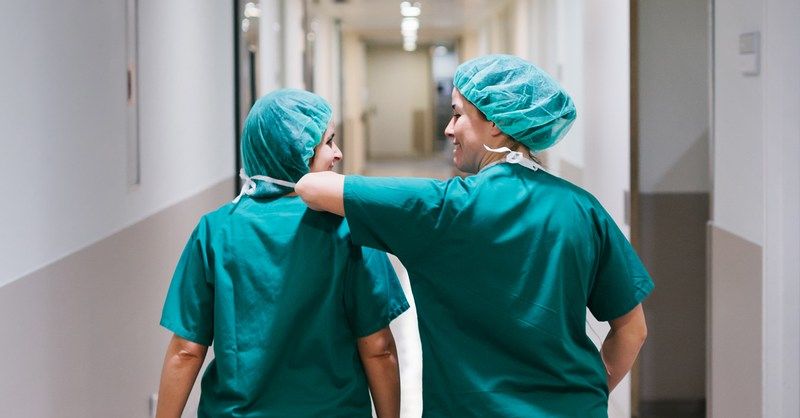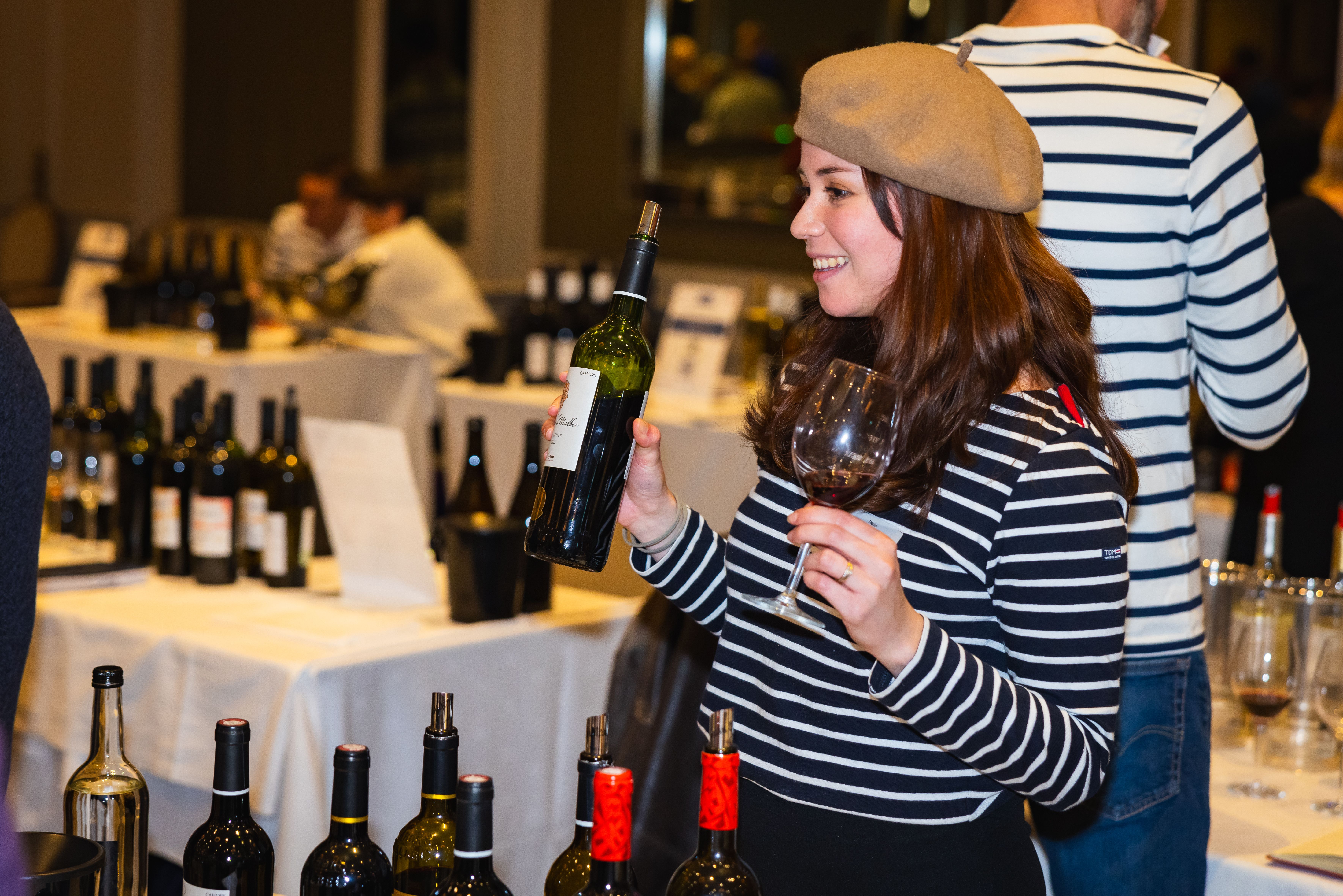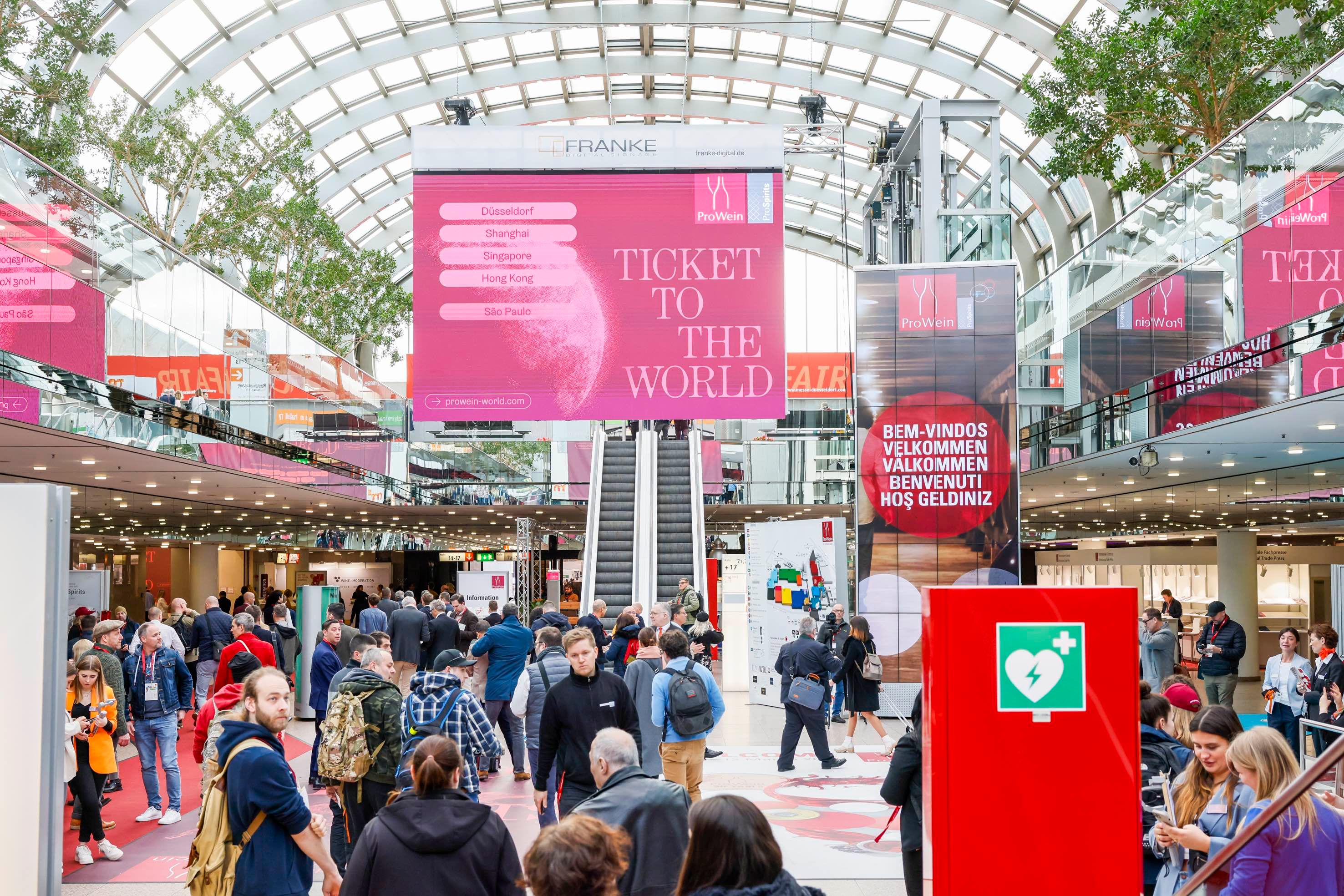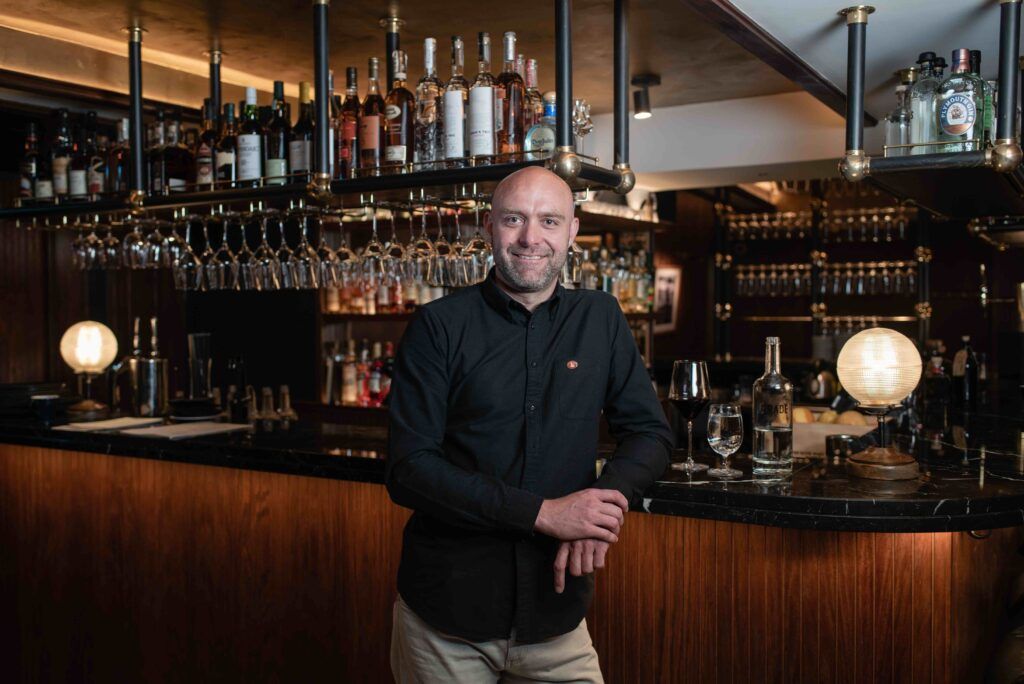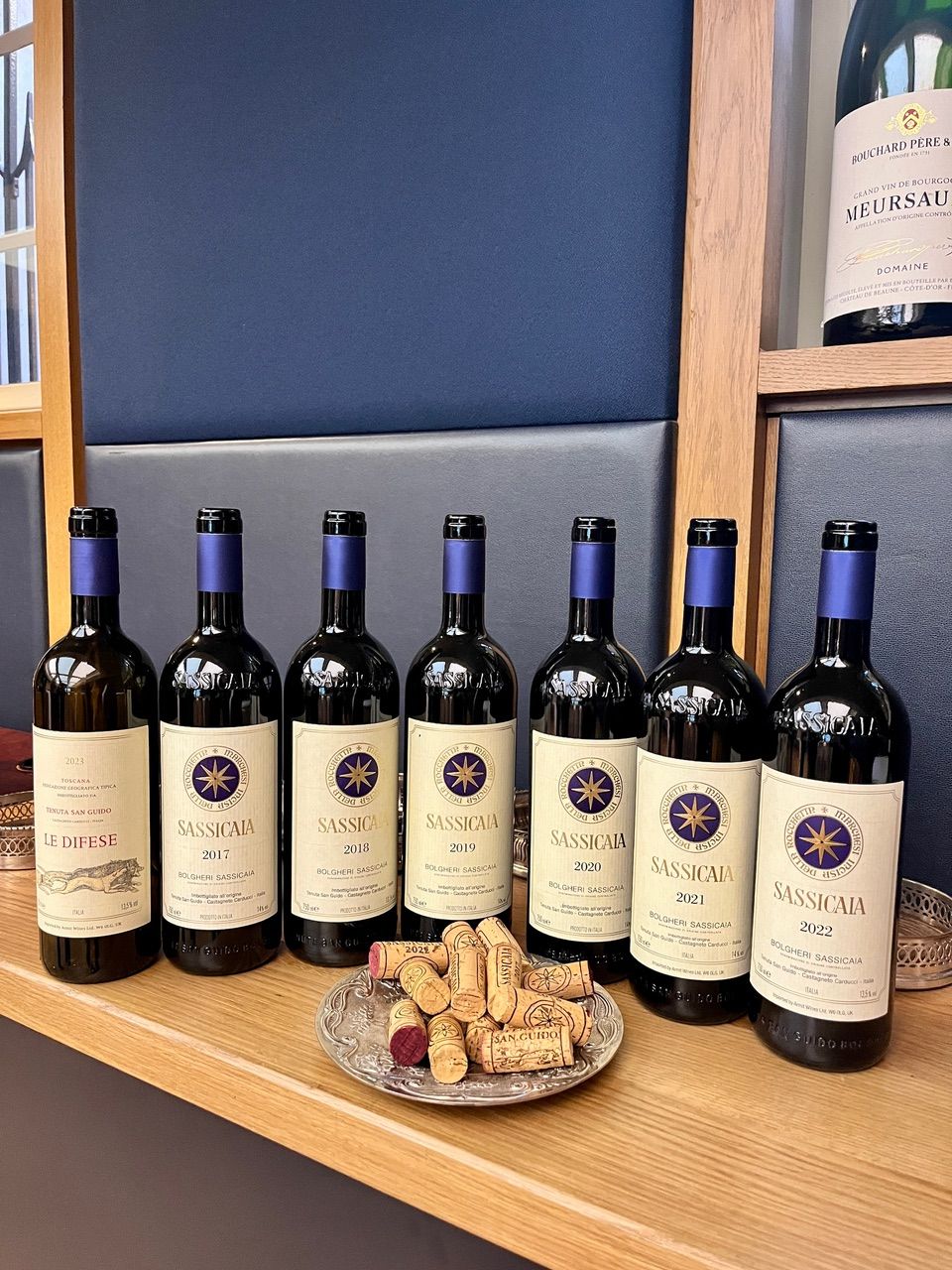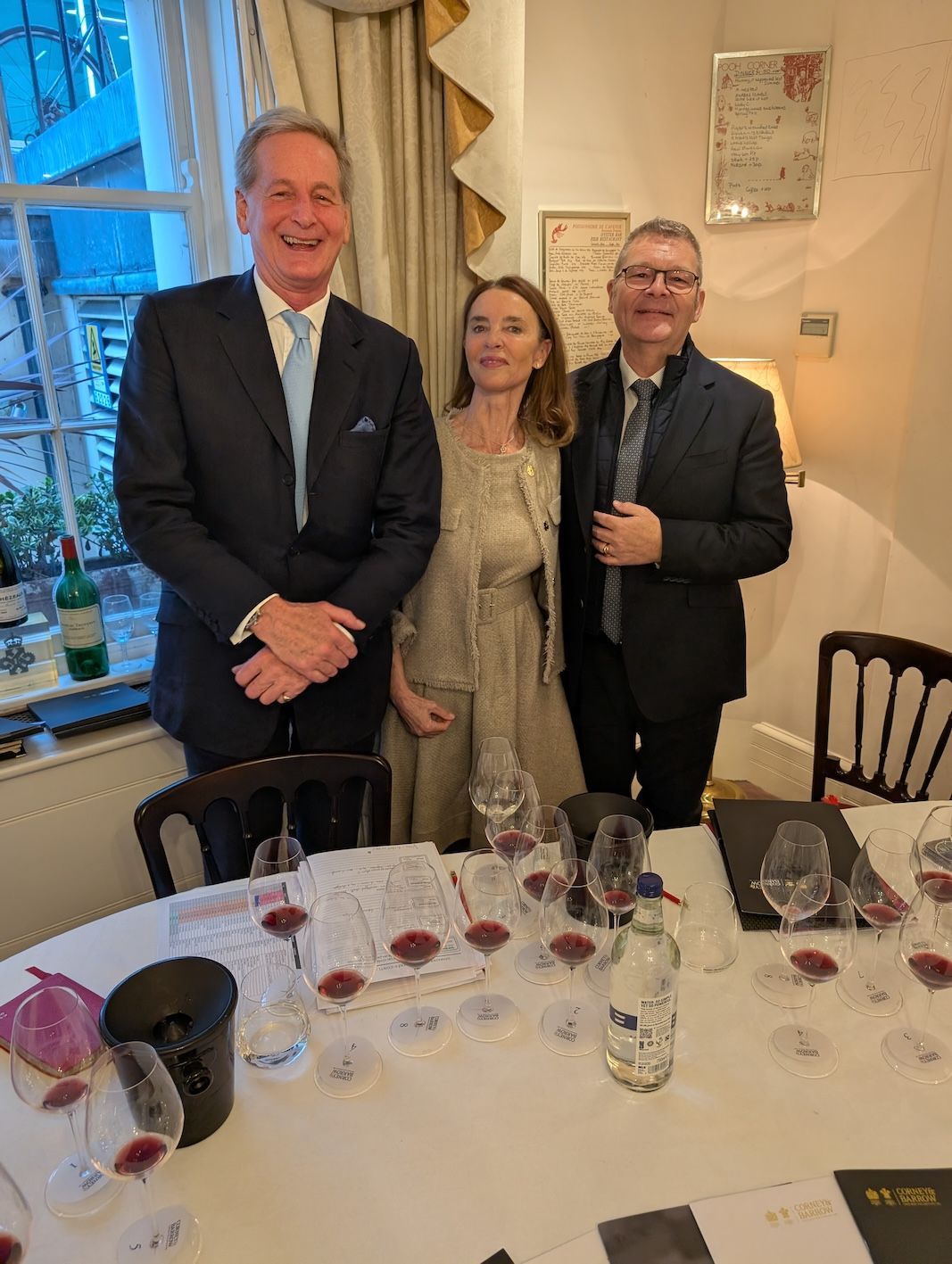Here are five key steps that people need to take to be a good mentor according to those in wine education and those who run formal and informal mentorship programmes.
Fine wine producers are very familiar with the reality that the actions they take now won’t come to fruition in their lifetime.Stewardship of a vineyard can mean creating a 200-year plan, which can be a a difficult concept to grasp. But what if we could look at mentoring through this time frame?
It’s an approach that Nigel Greening, owner of Felton Road Wines in New Zealand, strongly believes in: “We first have to accept that you will never get to learn what you wanted or needed to learn in a lifetime. We have to pass the knowledge baton to the next generation. We have to look at mentorship as a continuous way to teach, learn and grow. Imagine how things could be different if we were mentoring the new generation with the next 200 years, accepting that we will certainly not see the results of our work. It really makes you feel part of a whole, or as they say in Maori culture ‘the place where I stand’.”
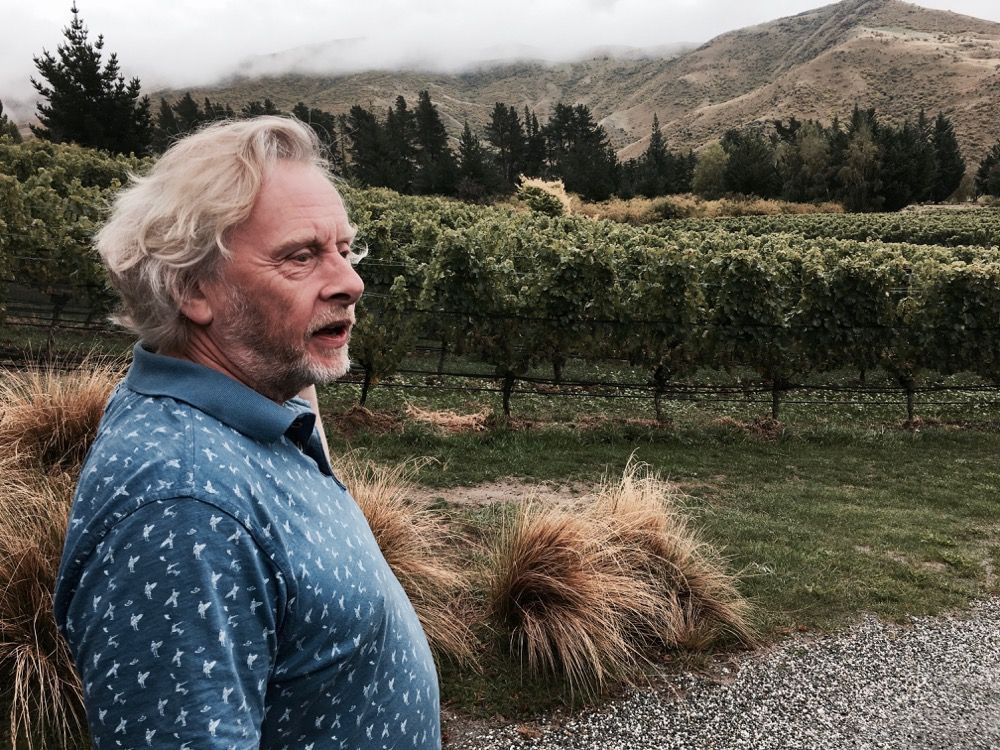
Nigel Greening of Felton Road is very aware of the need to pass on his experiences of working in his vineyards to the next generation…and so on.
Some training experts, however, believe a mentor-mentee relationship shouldn’t last long at all – perhaps only four to six months at a time. That’s quite a difference.
Focus on what books can’t teach
Whatever the time frame, it is important to define the goals and ambitions of any mentorship programme. “It’s only when you clearly know the ‘whys’ that you can truly help your mentee,” says Julia Coney, American journalist and founder of Black Wine Professionals, that she set up in 2020 to provide a platform to help both support and promote fellow black members of the wine industry.
“Adapt the ‘homework’ and make sure they develop the right skillset,” adds Coney. “Are they aiming to talk about wine? I advise them to record themselves. If you can’t listen to yourself then no one will. Do they want to write? Then I urge them to focus their time on learning their voice, by writing and writing again”.
Professor Damien Wilson, Hamel Family Faculty Chair of Wine Business, Sonoma State University, agrees. Being a mentor also entails helping mentees focus on what matters the most. “It’s a challenge to get people to focus,” he says, as people often “want to run before they can walk”.
“They need to follow a pathway, and they often don’t want to do it. Education is a stepwise progression; you can’t start off with Champagne and discover what makes it fantastic. If you introduce a novice to this wine, they’ll know it’s good, but they will never understand why they should spend $500 on it when they can get a sparkling wine from down the road for $10,” he explains. “You can’t get to that stage without going through a series of progressions. And it’s a challenge in the mentee and mentor situation, because you’ve got inspired and dynamic individuals who want to grow as quickly as possible.”
In the world of wine, the more you want to grow, the more you need to know. While a textbook education focusing on facts, figures and processes is important for coming to grips with the complexity of wine, that knowledge shouldn’t be the sum total of education.
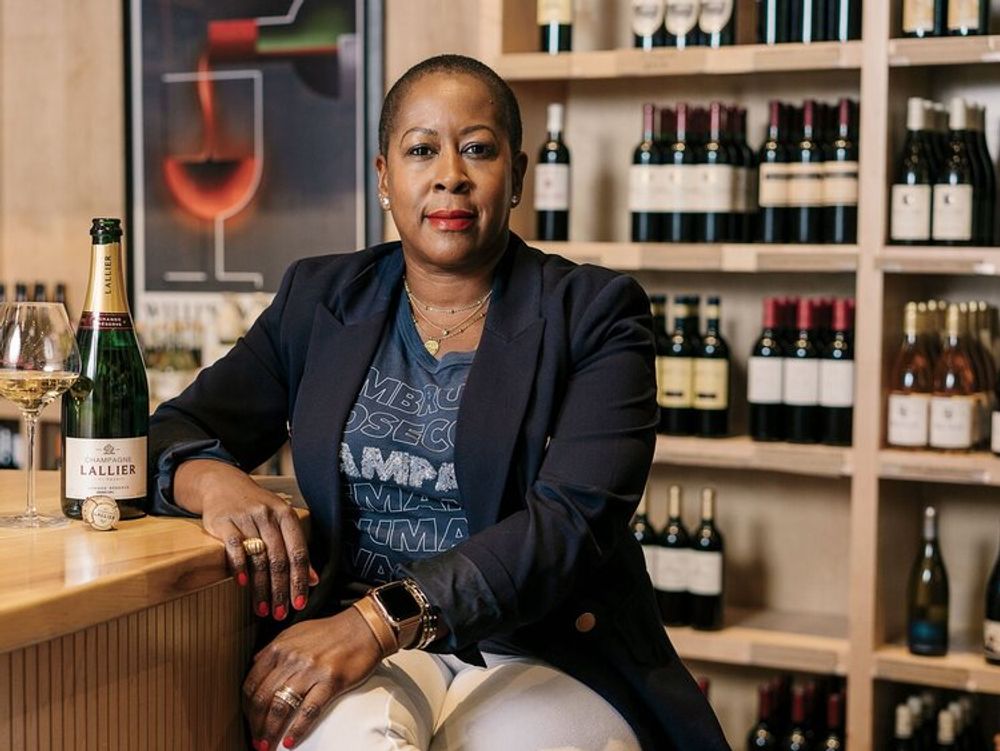
US wine writer and consultant Julia Coney says effective mentoring can particularly help those working in hospitality and retail
Mentorship is particularly important in how we deal with customers in hospitality and retail, adds Coney. “We have to do the work to be better human beings, every day. Being a mentor also means that we need to remind everyone to do the work on hospitality,” she says. “That can mean working on relatability. Will the consumer be able to relate? I encourage most of my mentees to work in a retail environment. It’s the best way to learn how consumers buy wine. In the shop I work we had these little shelves cards promoting Parker’s scores. When a consumer came in one day and asked me who Parker was and if he was one of the staff members there, I knew we had to change our language.”
Novices to the world of wine also need to learn to navigate alcohol. Being a mentor means reminding everyone of their responsibilities towards moderation, something that is too rarely emphasised in wine education. “Moderation is part of my ‘love’ argument: when you love someone, you want to impart knowledge, but you also want to protect them. So I always, always bring moderation into the conversation when educating about wine,” says Laura Catena, managing director and winemaker at Bodega Catena Zapata, in Argentina.
See one – Do one – Teach one – Create a virtuous circle
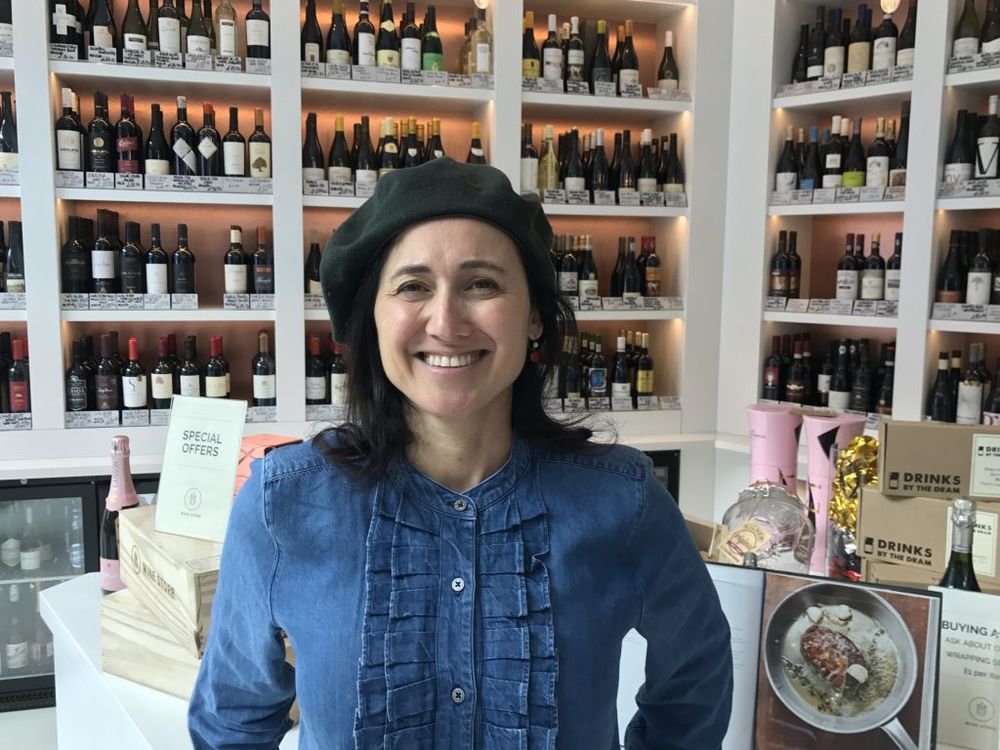
Laura Catena says there is much the wine industry can learn from how mentoring is at the heart of how medicine and hospitals work
Catena, who for years has also been a practising doctor, believes the wine sector could learn a great deal from medicine and the way a medical education balances knowledge acquisition with skills development. “In medicine we have this expression, ‘see one, do one, teach one’. This is how medicine works. You might have someone doing sutures on you who only saw it done once or twice, but it works. You have a supervisor advising you on what you’re doing. I will say to a patient, ‘This is a student, but I will be right here’. You think people would be scared, but they’re not, if they know you’re there and you’re watching.”
Being a mentor means encouraging people to mentor in their turn, once they have acquired this experience.
“It’s logarithmic,” continues Catena. “If you mentor a couple of people and you teach them how to do mentoring, then they will mentor another 10 and it becomes a mountain of mentors and mentees. It should be incorporated in every organisation.”
Advocate, speak up, share access – Use your voice and power
Being a mentor also means being an advocate, being the voice of those one aims to empower, and vocally condemn what stands in their way. This can take the form of a zero tolerance policy, openly stating the fact that no abuse will be tolerated in your event, restaurant, tasting room.
In these days of no travel and few trade shows, access to wine is going to be both paramount, and limited. Gatekeepers must become gate-openers, and make sure an entire generation of talents is not being kept away from physical access to wine. There are a multitude of ways of doing this, from building a database of talented professionals, as Coney has done with Black Wine Professionals, and her online database. We can already see the results with more people of colour now being represented at public events. Other possibilities include introducing PR agencies to young people and encouraging them to update their contact databases. Passing on stories is another way.
“When I started, people told my story,” says Catena. “I was a woman in the Argentinian world of wine. I was news at the time. That really helped me establish my work. Now I am telling other peoples’ stories so they hear a vineyard worker from the smallest, more remote village in Argentina is now on his way to finishing his PhD. So that people can see how Tanisha Townsend is making meaningful change in teaching young French professionals. We have to use our voices to tell their stories and create vocations.”
Embody hospitality
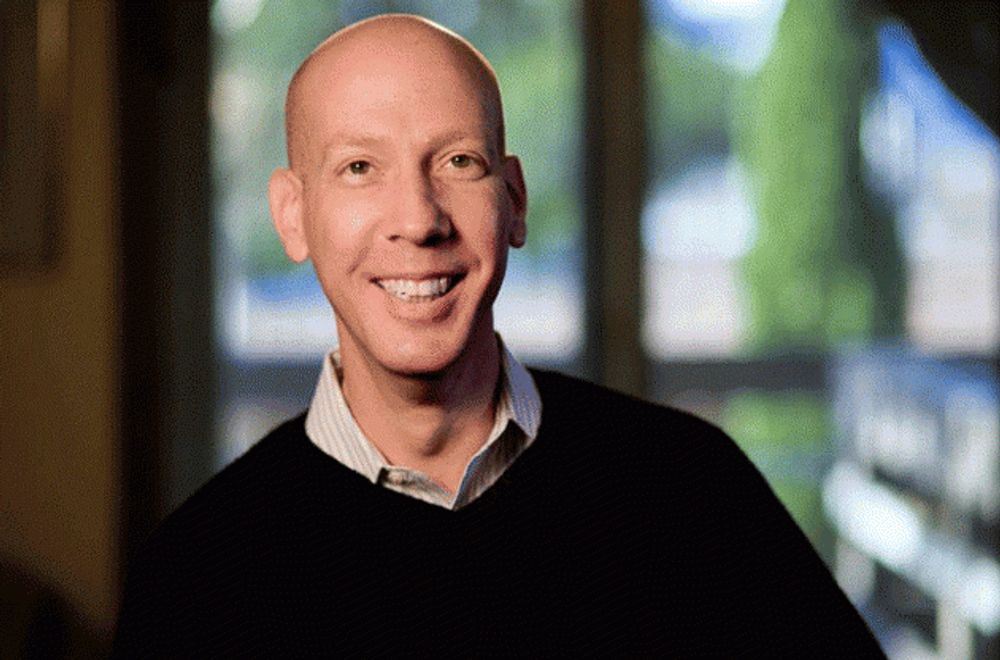
James Tidwell MS says being a good mentor means you need to have an approachable personality
There are many ways to mentor through formal or informal programs. But, our experts all agree, mentoring always mean leading by example and taking time to truly listen.
James Tidwell MS, co-founder of Texsom (the Texas Sommelier Conference), uses a sommelier analogy: “Tasting a bottle of wine before bringing it to the guests is current practice amongst somms. We want to ensure that no guest will get a bad bottle of wine. I disagree with that practice. My role is to create an environment which is so welcoming, where guests feel so comfortable, that if ever they get a bottle of wine that doesn’t give them full satisfaction, they will feel able to approach me and talk about it. Mentorship is the same. If you are in the position of being an example, it is your duty to be approachable, so that everyone can feel free to approach you, and learn from you.”
Embrace reverse mentoring
Reverse mentoring techniques are not new. Developed in the 90’s to teach senior leaders about the internet, they consist of pairing younger employees with executive team members – the younger person then mentors the older person on various topics of strategic and cultural relevance.
“You need to have a mentor that’s older and a mentor that’s younger,” says Catena. “I feel that it has to be formalised in some way in order to maximise benefits. My father is my older mentor and I have a younger person who is one of my mentors. I tell her, ‘You are my young mentor, and you have to be comfortable telling me if something is wrong’.”
The value of an open culture goes beyond words. Being a mentor means opening a door for people, not only to speak their minds, but to offer solutions to business challenges.
- Formal mentorship programmes:
- The Drinks Trust has set up a mentorship programme as part of its Drinks Community initiative to help people in the wine industry to come together and share their work experiences and career knowledge which also includes a mentor programme.
- Other schemes include:
- Batonnage Mentorship programme
- The Welcome Initiative – Wine Unify
- Wine Tutorial – The Family of Twelve
- Family is sustainability – Primum Familiae Vini
